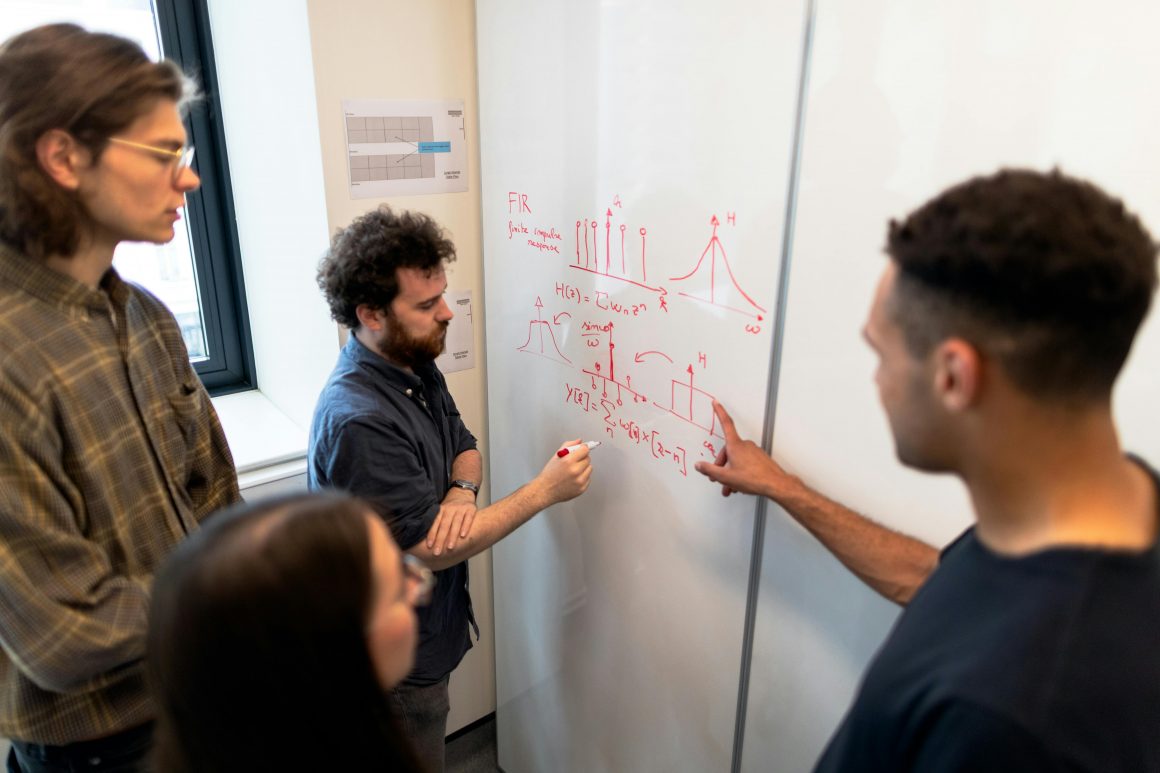
APEX Access Program begins workshop series addressing intercultural communication within STEM undergraduates
By Hannah Caparino, November 3 2024—
The APEX Access Program is an Alberta Centre for Advanced Diagnostics (ACAD) affiliated mentorship program that will connect students to trained researchers and give participants the chance to create a network that values elements of Equity, Diversity, and Inclusion (EDI). The program will focus on how EDI can be developed, and create new solutions by hosting workshops that will continue to embrace all aspects of EDI. Workshop facilitator Dr. Marija Drikic spoke with the Gauntlet about the current APEX workshop, which focuses on intercultural communication and communication across different backgrounds.
“I would say it’s a nice open space for discussions and for bringing up topics that don’t normally get brought up,” Drikic said. “I have taken amazing workshops but I found … they didn’t address the diversity from a point-of-view that I needed addressing. So I wanted this workshop to do that, so I provide a little bit of structure so we are discussing some concepts that basically help us reflect on how we communicate,” said Drikic.
While the workshop’s structure had been based on how diverse backgrounds influence current forms of communication within the research space and undergraduate student environment, Drikic emphasized how workshops can create self reflection which can be applied into real-life scenarios. The core point of the workshop is to promote and break down communication barriers that may increase conflict, and create a healthy and inclusive work environment.
“APEX acts as a mentorship program run out of the biological sciences … and the idea is to promote inclusion, diversity, and equity in the sciences,” she said. “What we frequently see is people not being able to properly communicate across fields and across cultures. And since the focus is not really on that during training, we wanted to address that gap with this workshop series.”
Although the workshop was intended for STEM undergrad students, the universality of communication opens the workshop to all. From arts students to staff members, the communication workshop is aimed to create a space to form an understanding of participant’s experience and extend that same understanding to their colleagues.
“Great communication will happen regardless of the type of job, and that’s the first message we are trying to send as it really doesn’t matter what kind of job you’re doing, this is a skill that you can apply across the board,” Drikic said. “I find that it can actually help students just talk about their point-of-view, and their point-of-view is valid, and their experiences are validated.”
Drikic also included some insight for how developing soft skills like communication had improved verbal and non-verbal communication within the lab setting, and looked at how to unlock preconceived ideas to form new conversations.
She explained how the workshop’s proposed questions create a discussion where miscommunication would take place, and that participants would find the root of the miscommunication by exploring how different ideas, cultural insights and communication practices would create confusion. The conversations that revolved around the recognition of different cultural perspectives allowed for the people to become more accommodating and increase an individual’s awareness, and adapt the way they’d communicate.
The future of the workshop will continue building off of the lessons learnt in the intercultural communication workshops, investigating conflict and individual motivation.
“I was hoping to discuss the anatomy of conflict and what conflict really means, and maybe reframe how conflict doesn’t necessarily have to be negative if it’s handled properly and have positive outcomes,” Drikic said. “The next workshop will deal with conflict across cultures … and then the last one would address motivation.”
More information about the APEX Access Program, and the workshop registration link can be found on the website. To participate in the workshop, individuals can register online and meet in-person at the University of Calgary Main Campus, in EEEL 445.
